How Deep Should Your Water Well Be?
The depth of your well can directly impact its ability to provide a reliable water supply. Understanding how deep your water well should be is essential to ensuring an abundant, clean, and sustainable water source for your household needs. In this post, we'll explore what factors influence well depth, typical depth ranges, and how to determine the right depth for your well.
Factors
Several factors determine how deep your water well should be. These include geographic location, local water table levels, seasonal variations, and the geology of the land. For example, if you reside in an area with a naturally high water table, your well may not need to be very deep. However, in regions where the water table is lower or fluctuates significantly due to seasonal changes or droughts, a deeper well may be necessary to access a reliable supply of water throughout the year.
A trusted water well company will take these conditions into account to determine the most suitable depth for your property. Their expertise helps ensure the well can perform effectively year-round.
Depth
The typical depth of a private water well can vary widely. According to Building Advisor, most private wells range from 100 to 500 feet deep, but in rare cases, they can exceed 1,000 feet. The depth requirements can vary due to differences in local geology, such as the presence of layers of clay, sand, or rock, which can affect both drilling feasibility and water availability. It’s important to consult with a well-drilling professional who can assess your specific location’s geology and water supply characteristics to recommend an appropriate depth for your well.
Costs
Another important consideration is the cost associated with the well depth. Deeper wells generally cost more to drill and maintain due to the increased effort and materials required. While the initial investment might be higher for deeper wells, they may access larger and cleaner aquifers, which could lead to savings in water treatment expenses over time. A reliable water well company can help you evaluate this cost-benefit balance based on your specific needs and goals.
The decision of how deep your water well should be is influenced by several vital factors, including your geographical location, the local geology, and budget considerations. While most wells fall between 100 and 500 feet, each situation is unique and requires careful consideration and professional guidance. Contact Middle Georgia Water Systems today to learn more about our water well company and its services.


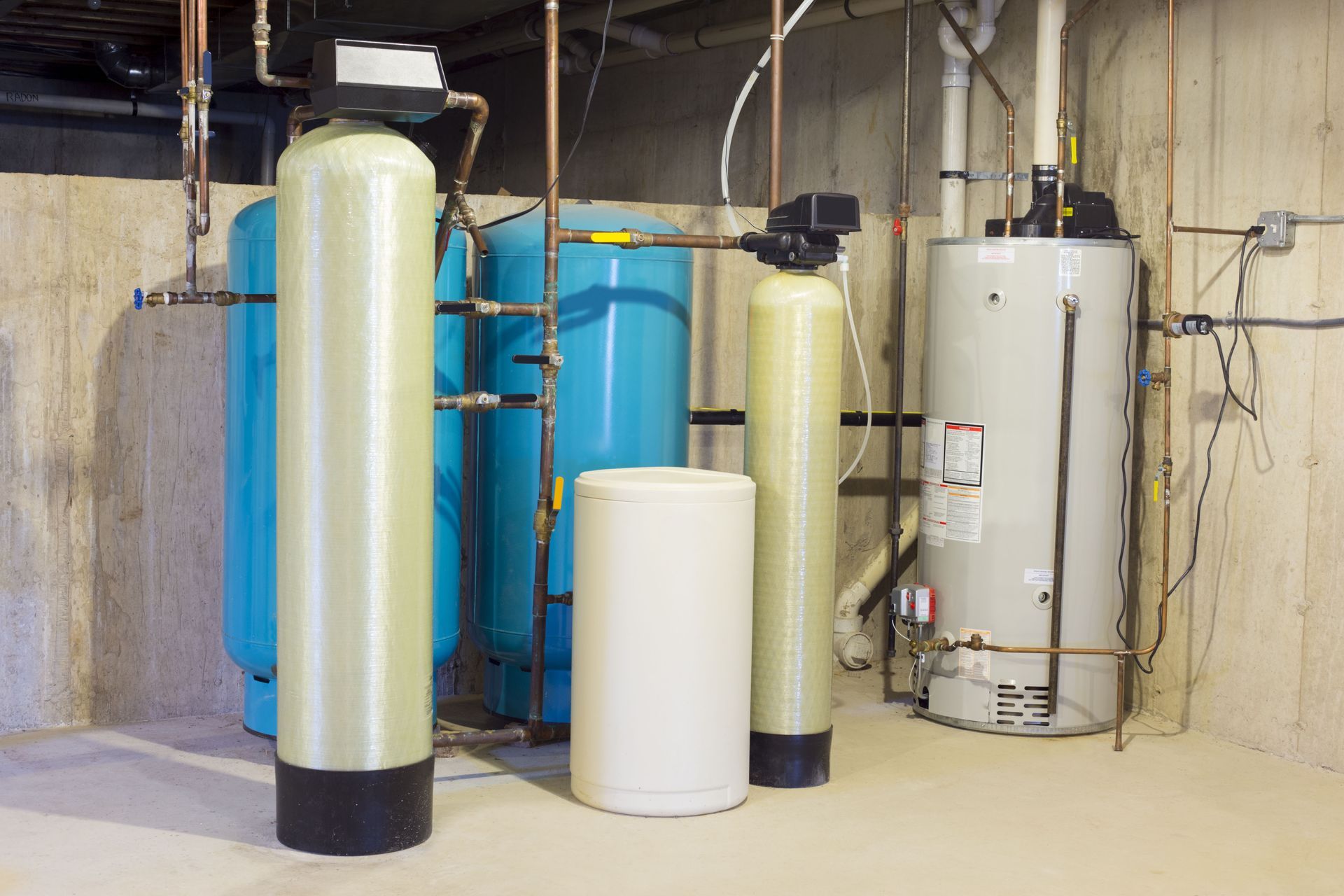
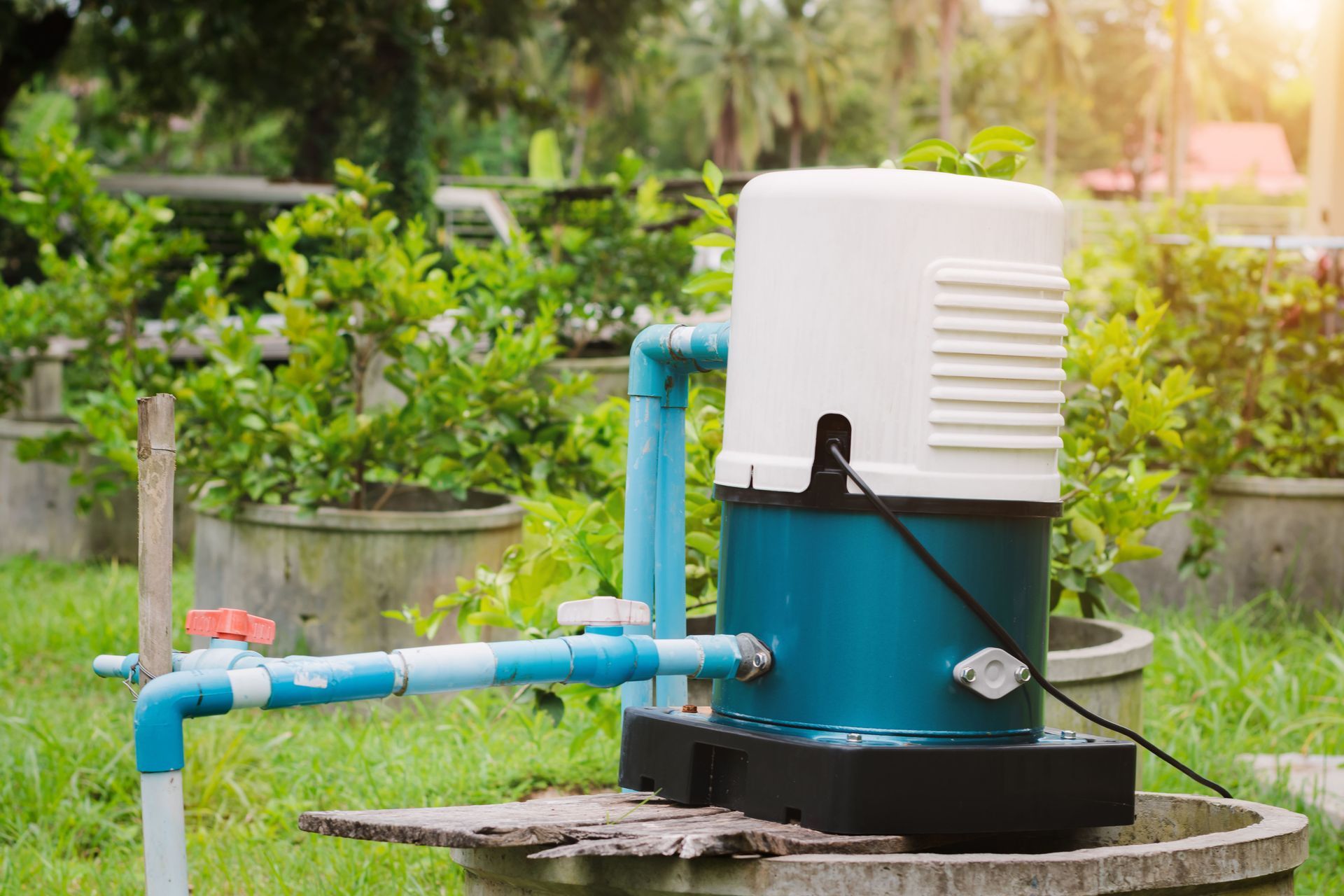
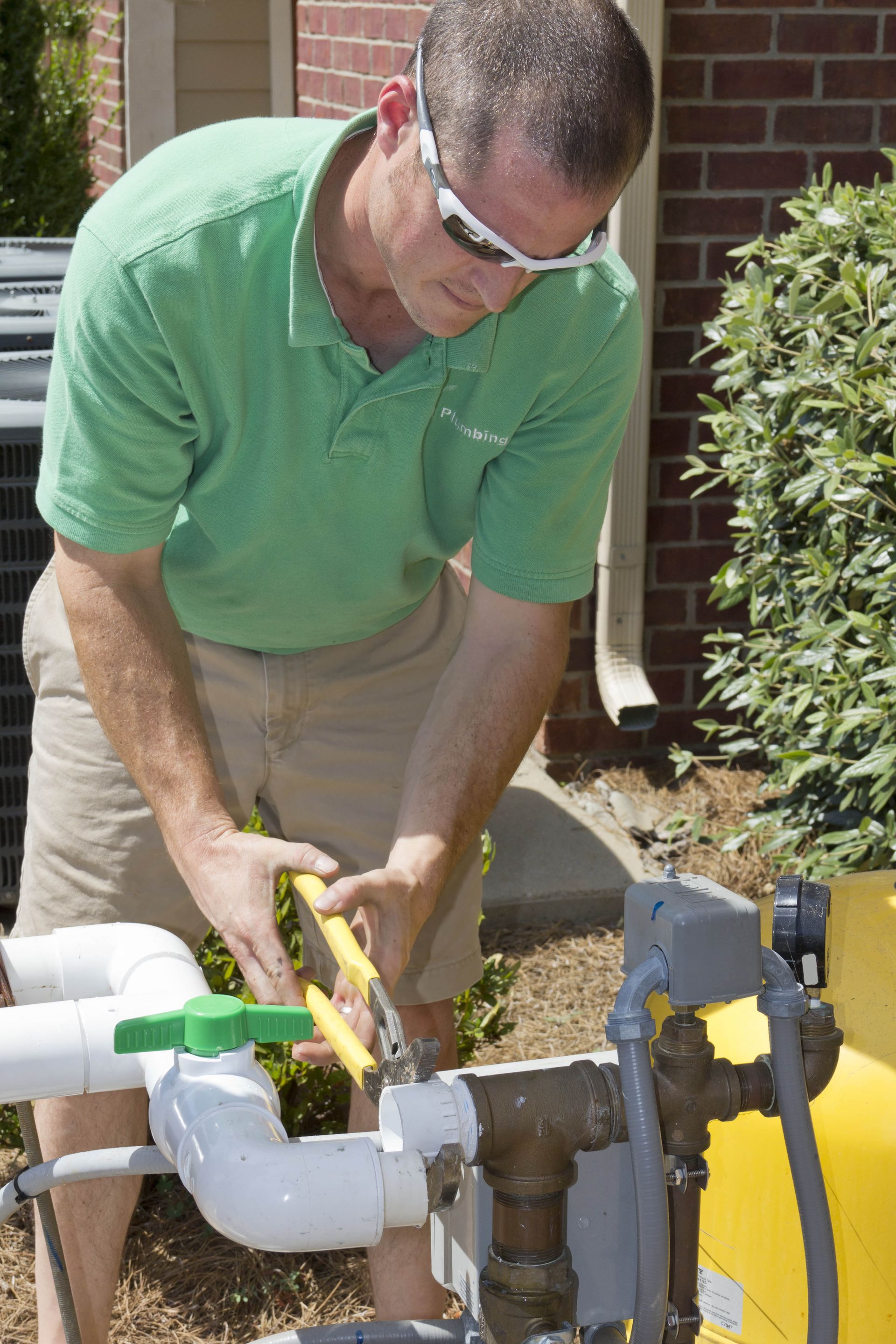
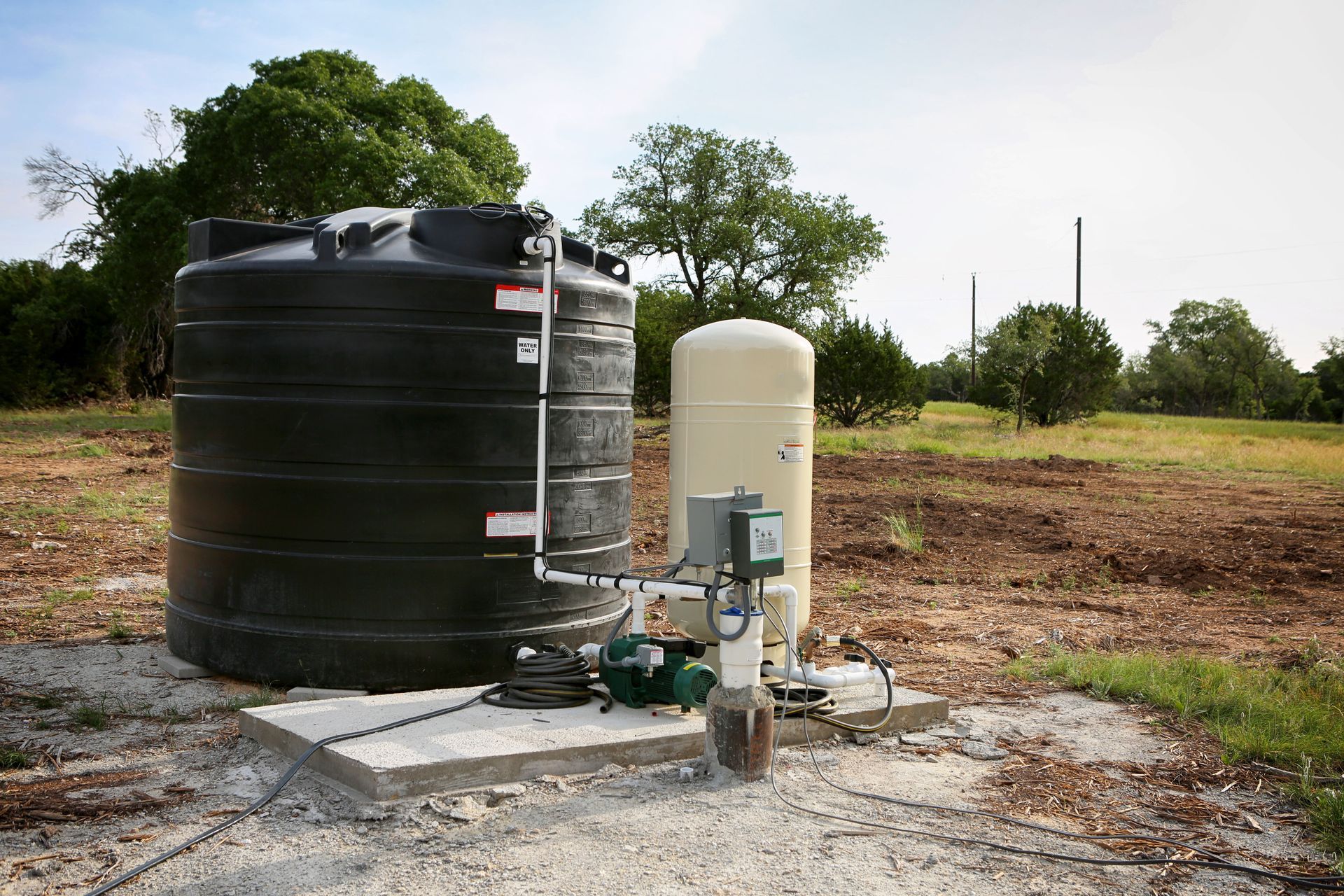
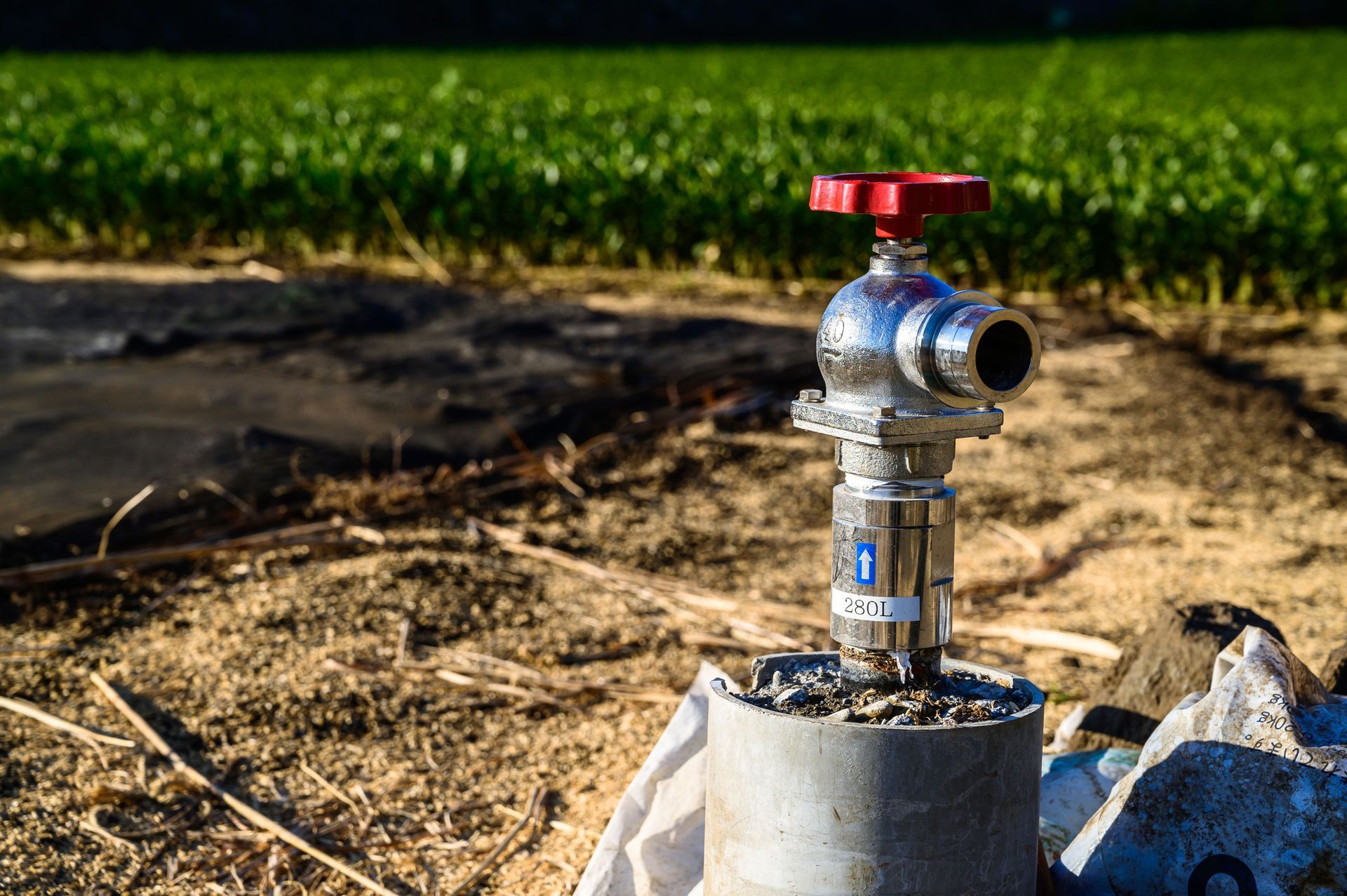
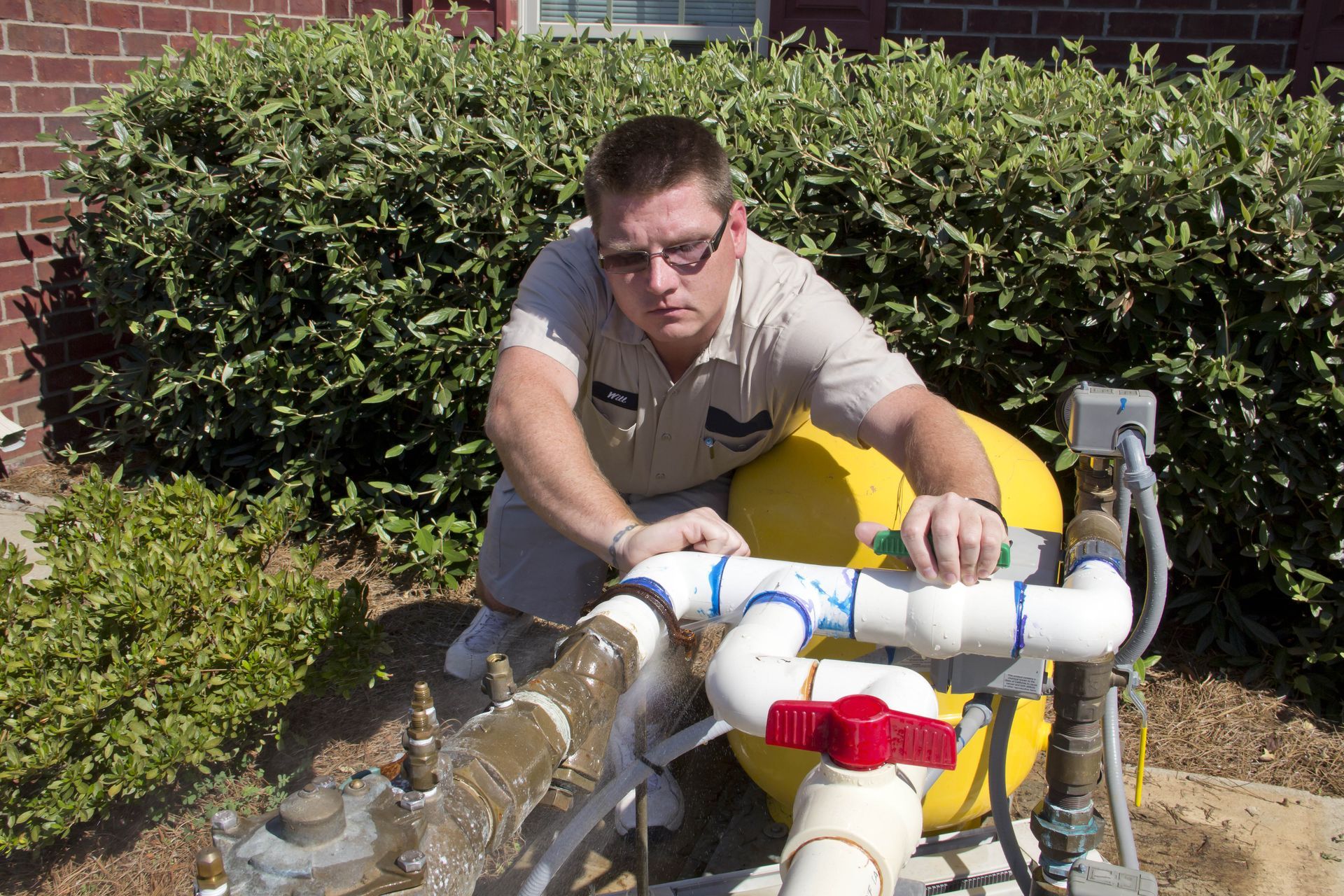
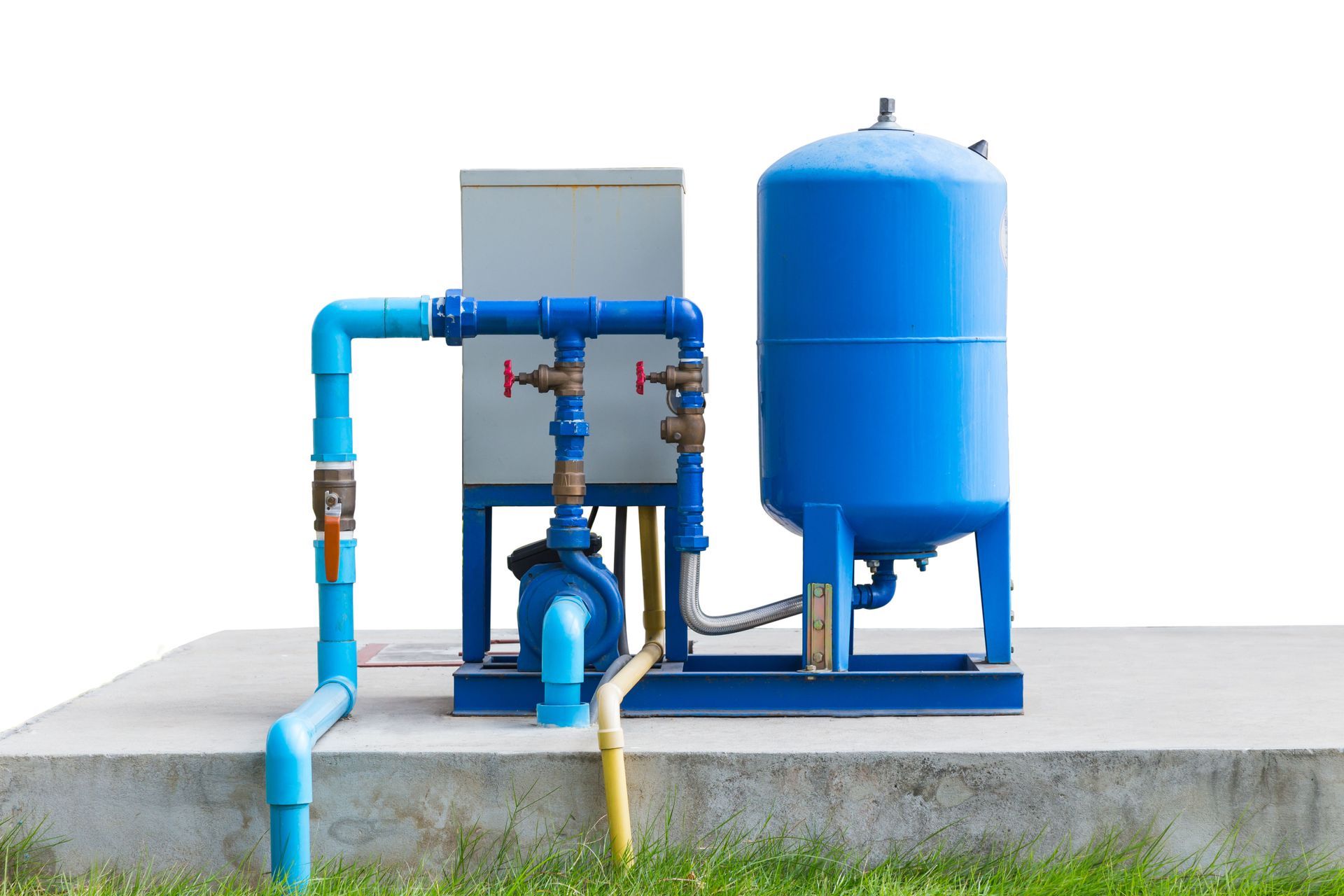

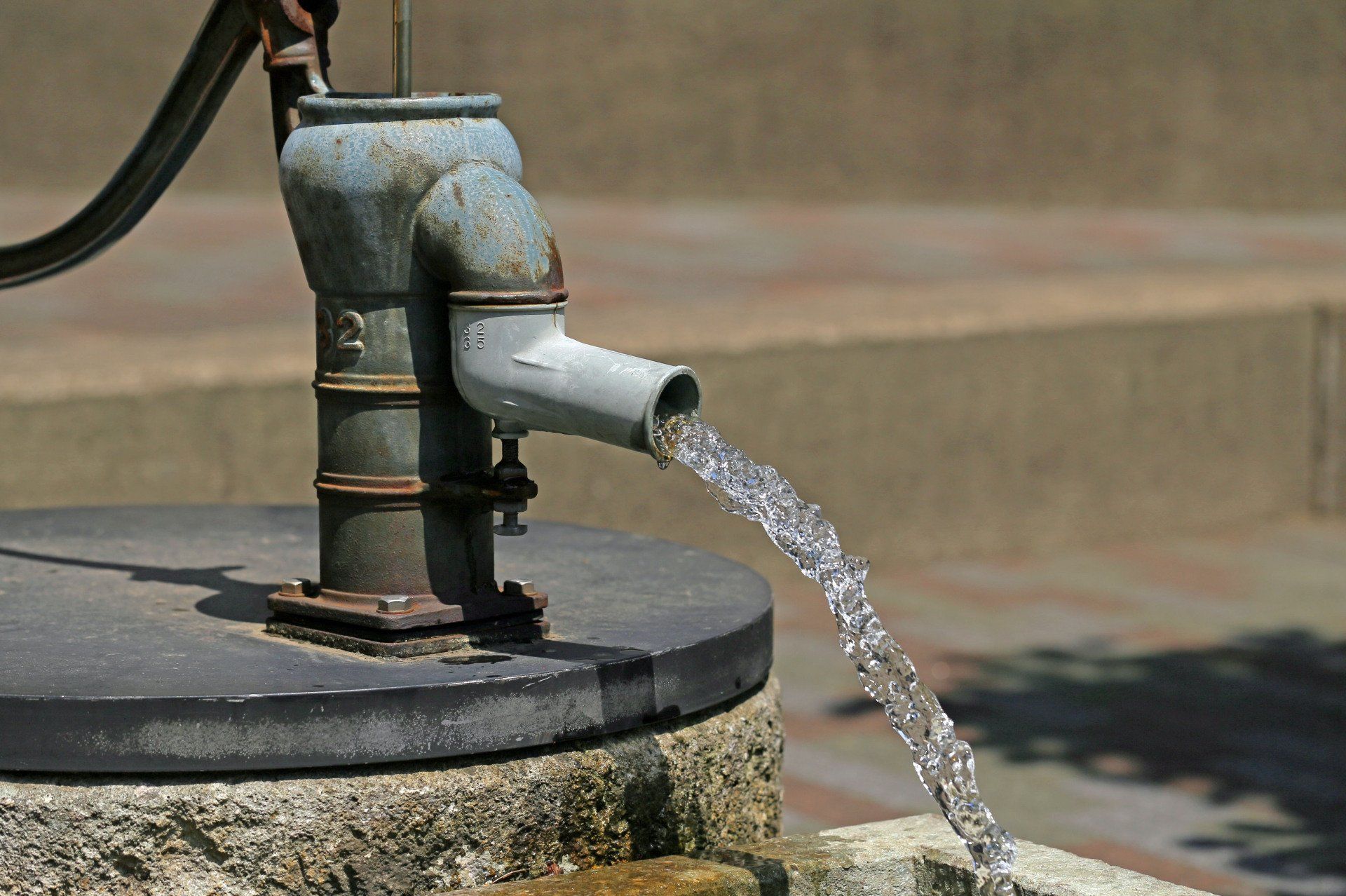
Share On: